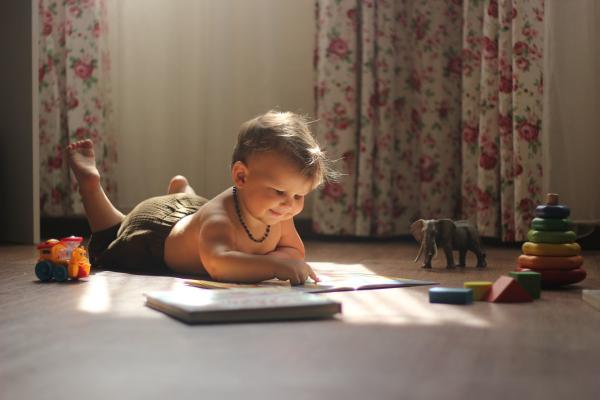“Myopia, or what we commonly call nearsightedness, happens when the eyeball gets too long—it deforms from soccer ball to American football—and then the eye focuses light not on the retina but slightly in front of it, making distant objects appear blurry. …In China, up to 90 percent of teenagers and young adults are myopic. In the 1950s the figure was as low as 10 percent. A 2012 study in Seoul found that an astonishing 96.5 percent of 19-year-old men were nearsighted. Among high schoolers in Taiwan, it’s around 90 percent. In the US and Europe, myopia rates across all ages are well below 50 percent, but they’ve risen sharply in recent decades.”
I’m a myope, so I was immediately drawn to this article. Is it genetic or behavioral? As always, it is a bit of both, and more interestingly, there is a treatment that reduces the rate of myopia just outside our windows. From Wired, The World Is Going Blind. Taiwan Offers a Warning, and a Cure
“Understaffing, inventory problems, and heavy-handed theft prevention measures are hardly new to the retail industry, but the problems have become more commonplace in the last few years, when the dial of frustration and discomfort turned higher. Yet the through line of why shopping from beyond the comfort of your home feels so miserable now has less to do with the pandemic’s disruption and everything to do with retailers unable — or unwilling — to invest in stores, including the labor that makes a shopping trip go smoothly or not.”
I am not a big shopper, but at least it used to be a bit more fun, and if you needed help, you could get it. Now Amazon meets my needs, although the cardboard tsunami of shipping is a growing problem. What is going on in retail? From Vox, “Going shopping” is dead
And while on the subject of retail.
“It’s the traffic-free that especially interests me. The mall, as a collection of stores connected by “streets,” looks and feels like a commercial abstraction of a city. There is an echo of the glamor of urban downtowns in their heyday, with the department store serving as a link between the two forms. While an ordinary person might not think, “The mall is sort of like an indoor city without cars,” that appeal isn’t very far below the surface.
The big-box discount store, on the other hand—with its exposed steel ceiling, utter lack of ornamentation and warehouse atmosphere—makes no pretensions. You might go to the mall to take a stroll, or for a taste of elegance; you go to Walmart when you run out of milk or need kitty litter, as well as for the low, low prices. So it is striking that even in such a utilitarian setting, and such a quintessentially suburban one, the old urban DNA still survives.”
From Discourse Magazine, Walmart Didn’t Kill the Small Town, It Is the Small Town
“We coevolve with Nature and can’t extricate ourselves from its dynamics. To believe we can is our biggest mistake. Still, this is what we have attempted to do, creating a chasm separating us from the rest of Nature. We built huge cities and factories and country-sized mechanized agricultural monocultures, pushing wilderness to the unreachable fringes of the land. We consumed the planet’s entrails, the oil and gas and coal, to feed our industrial growth. We lost touch with our evolutionary origins, with our roots in the wild, and we have forgotten who we are and where we came from.”
From the Big Think, “Biocentrism”: A scientific answer to the meaning of life. An essay on why humans are not the center of the universe. A lesson to learn, once again.




